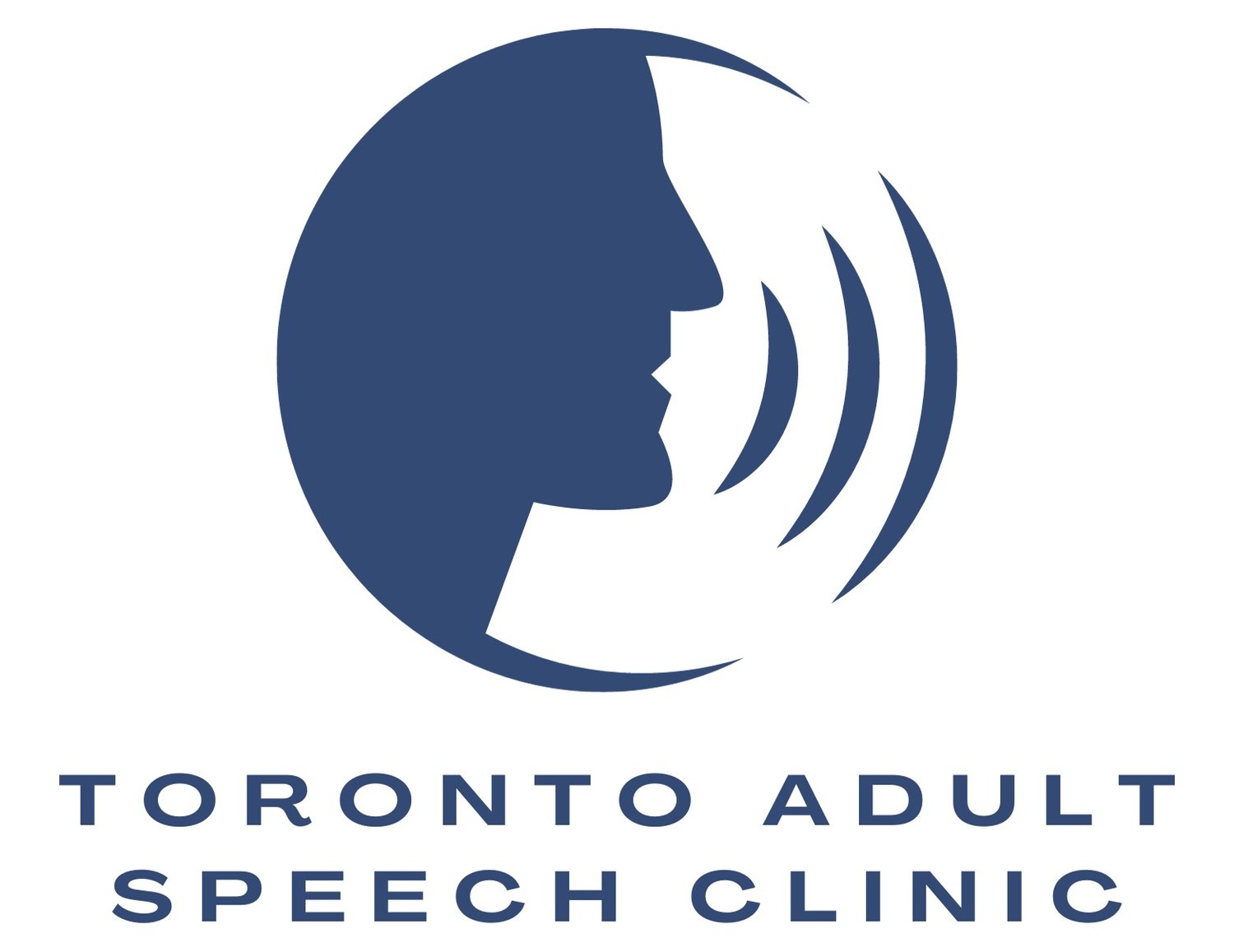Communicate with Pride
Communicate with Pride
How speech therapy can help you communicate your true Self
Consider the question, “Who are You?” What comes to mind? Personality traits, beliefs, career, intellect, interpersonal skills? The list could go on…and on…and on. Ultimately you are putting your identity into words. You express these various components of your identity, and then they are interpreted by those around you. These components of your identity are often malleable and adaptable based on context or environment (For example, “who you are at work” might be different from “who you are at home,” which might be different from “who you are at the club.”).
The flexibility of our identity originates from our understanding of who we are at our core. A sort of- “selective sharing” of certain parts of a total package. This core understanding of your identity is your Self and (admittedly without an extensive psychology background) I view it as being a deep knowledge of where we have come from, who we are now, and our potential.
Now what if I asked you, “How do you know who you are?” You might say things about how you interact with others. You might explain what you do for work and why you feel you do an excellent job. You might tell me that other people who interact with you have given you feedback.
Regardless of how you answer these two questions, one fact should become clear: Our identity is expressed through our communication. Who we are is shared with the world through the way we talk, the way we express our thoughts, the way we listen, the way we communicate with our bodies, etc.
Think about a person you respect or care for deeply. In 10 seconds, think about what it is about that person that causes you to have those feelings?
I would hazard to guess that it is related to their communication. It is their sense of humour; their ability to have a conversation and get along with almost anyone; their ability to command a room or lead a group in discussions; their knack for saying just the right thing or piece of advice when you need it; the fact they are excellent multi-taskers or time managers; the fact they can communicate effectively with you without saying a single word. You see, communication is the way we share ourselves with others, the way we develop relationships, and the way others develop their impressions of us. Without our communication, we would still have Self but we would have no way to establish our identity in the society we live in.
Now imagine that every time you go to communicate, you know that you are not communicating who you know yourself to be. You are not communicating your genuine, best version of Self. You aren’t saying the words you want. You aren’t speaking with the confidence you know you have in a subject matter. You aren’t able to network or make friends, even though you have the desire to know new people. You aren’t speaking with a voice that represents how masculine or feminine you know yourself to be- and at the end of the day, you realize that the perceptions of your identity, based on your communication, are in conflict with your Self.
Speech-language pathologists (or speech therapists) are trained to be experts in all areas of communication. As a speech-language pathologist, it is my job to understand who a person knows themselves to be, and help them successfully communicate that to the world around them. When someone sits across from me in my clinic, it is often because the Self they know is not reflected in the identity that others perceive. The goal through speech therapy, voice therapy, and communication training is therefore to assist in a person’s alignment of Self with identity. Whether it is a person who is transgender, a person who stutters, a person who has lost or damaged their voice, a person who is unable to be assertive in relationships or at work, a person who has a lisp, a person who uses frequent uptalk or filler words, or experiences any other concern with their communication- speech therapy is designed to help.
Let's look at a couple more specific examples. When a person who is transgender feels their voice or communication does not reflect how society would identify their gender, a speech pathologist works to provide tools to align that person’s knowledge of who they are (Self) with the identity they reflect in their communication. When a person who stutters has to avoid certain words or longer sentences despite having more to say, a speech pathologist works to help them reclaim control over when, what, and how they want to speak so that their true Self has a voice- not their stutter.
June is Pride month. It is a celebration and reminder that you should always feel able to share your true Self. For many people, not just the LGBT community, this is no easy task and speech therapy can often help. You can find a full list of various speech, voice, and communication areas we work on at Toronto Adult Speech Clinic here.
"My goal as a speech-language pathologist is to help more people become proud communicators who feel they can communicate their true Self every day!"- Jordan Scholl, SLP

